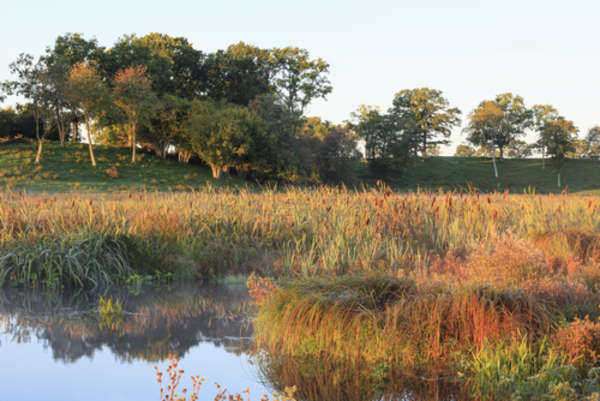Logging Defined
Logging is the process by which individuals remove trees from the forest in order to make wood products. Logging is usually done with machinery which is driven through the forest, to the point at which trees will be removed. In some cases, loggers remove every tree and in others, loggers select certain kinds of trees for removal.
Logging and selective logging can both interfere with the fragile environment. In recent years, there have been restrictions put in place to limit areas which can be logged. Selective logging can be even more harmful to the environment and wasteful. As loggers go through the forest to collect selected trees, they tear down trees and plants to get to the selected area. Those trees are then left on the forest floor, rather than being utilized.
Many logging companies now work with local governments in order to take part in responsible logging practices. This may include replanting trees, or moving carefully through the forest to get to the selected area. In many cases, there are more stringent rules in place to prevent irresponsible logging. However, many areas allow loggers complete freedom of movement with very little restrictions.
Recycling efforts have cut down on the need for such extensive logging in many parts of the world. In fact, some logging companies now take part in recycling practices in order to stay competitive. However, there will always be a need for some logging and for rules which regulate the practice.
